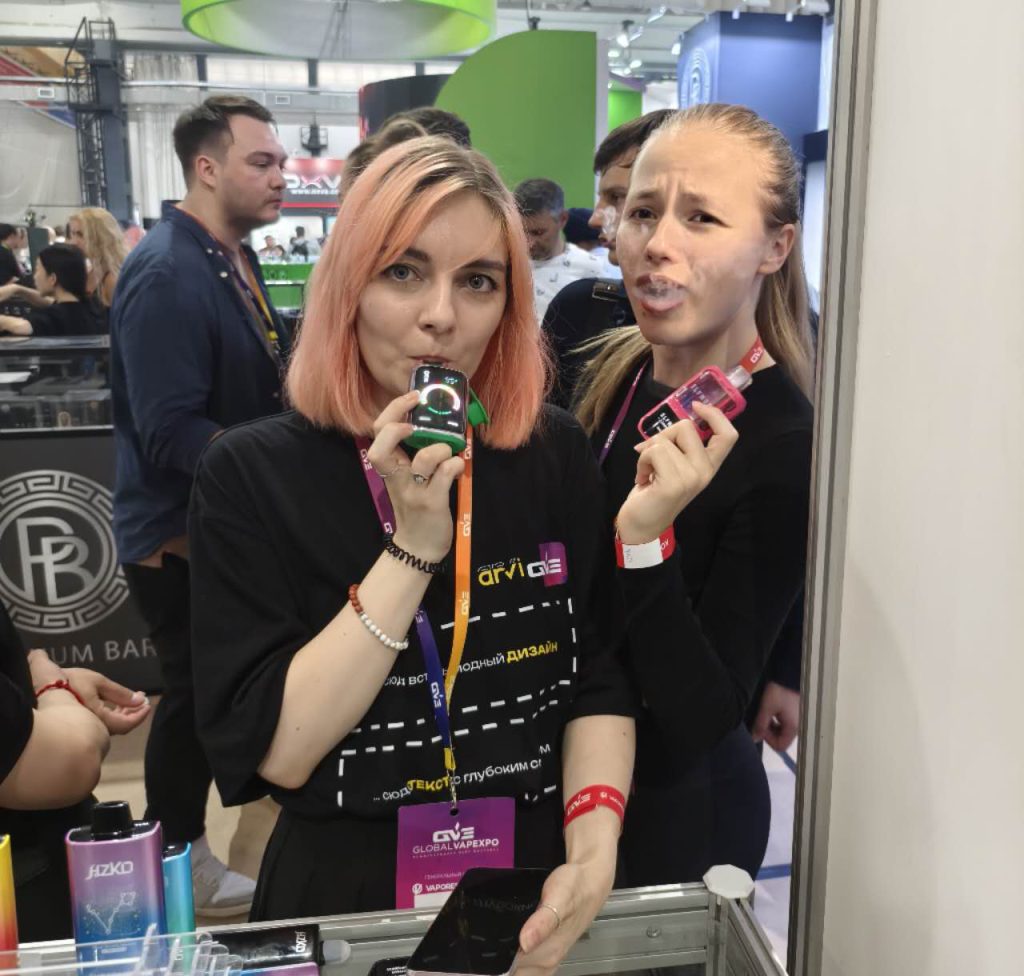In Singapore, the trend of e-cigarettes has become increasingly serious in recent years. It is no longer just a problem of ordinary nicotine products, but also a serious problem of drug admixture – especially “pill” e-cigarettes containing hallucinogens and sedatives, such as products called “K-Pods”, which have set off a great crisis in society. Medical and public health experts have spoken out, calling for rapid legal adaptation to curb the spread of this “new drug” game, especially among young people.
The Health Sciences Authority (HSA) and the Central Narcotics Bureau (CNB) of Singapore have aroused great concern about the discovery of drug-adulterated e-cigarettes. The latest data shows that in the first quarter of 2025 alone, more than 20 K-Pods containing the narcotic drug “etomidate” were seized, almost four times more than in the same period of 2024. These drug ingredients are usually covered with sweet fruit flavors, with the illusion of “harmless” and “can be smoked and used at any time”, which is very confusing.
The slightly friendly name “K‑Pods” actually implies danger: etomidate is an anesthetic drug used in hospitals. After inhalation, it can cause serious symptoms such as respiratory depression, muscle spasms, nausea, and psychosis. The most dangerous one is that it may cause loss of consciousness or life-threatening. However, these hallucinogenic e-cigarette devices are sold through platforms such as Telegram, and even flow into the hands of middle school students. The price is often between 50 and 100 Singapore dollars. Social workers pointed out that some users experience “zombie status” after taking a puff.

The intensity of law enforcement actions is also increasing simultaneously. Data shows that e-cigarette devices and their components with a value of more than 41 million Singapore dollars have been seized, and about 17,900 people have been arrested for importing, possessing, and using. Among them, the most severe crackdown is border enforcement. ICA and HSA have intercepted hundreds of smuggling cases by jointly setting up posts and checking more than 20,800 passengers.
At the same time, the entry of drugs into campuses through e-cigarettes, a “disguised” tool, has also attracted special attention. Cabinet ministers mentioned in parliament that such violations are being incorporated into a rigorous regulatory system, and HSA and CNB have launched joint key crackdowns on campus, social platforms, and offline channels. The Ministry of Education and public health promotion agencies have also strengthened preventive education, from going to schools to publicize the harm and misleading, to counseling and withdrawal hotline support, forming a multi-layered protection mechanism.
Medical experts and public health professionals warn that e-cigarettes – especially drug-addicted variants – may have irreversible effects on the development of adolescent brains. Their psychological development is not yet mature, and the intake of these e-liquids containing narcotics and psychotropic drugs may cause long-term damage to emotions, cognition and behavior, and may cause addiction problems and cause long-term psychological disorders. This risk was revealed last year, and it is obviously worsening rapidly now.
There are also challenges at the legal level. Currently, under the Misuse of Drugs Act and the Poisons Act, any act of taking drugs through e-cigarettes can be sentenced to death, and the use of K‑Pods may touch the ultimate punishment of life. On the other hand, the Tobacco (Advertisement and Sales Control) Act also establishes high fines and imprisonment, including a maximum fine of S$10,000 and two years’ imprisonment, and importers or distributors are even more serious crimes.

In terms of public education, the authorities have removed 6,800+ illegal e-cigarette online advertisements since 2024, and more than 6,000 platforms have cleaned up banned advertisements. Offline campuses have also conducted lectures and promotional activities to spread the theme of “Vape is a toxic friend you don’t need”.
Medical experts pointed out that due to the wide variety of drug e-cigarettes, complex ingredients, and uncontrollable dosages, buyers cannot know the specific ingredients, which can easily lead to accidental severe poisoning. Experts therefore called for the law to “respond quickly”, including: strengthening border inspection equipment and professional training, improving the efficiency of cooperation and cleaning of online e-commerce platforms, and accelerating the inclusion of e-cigarette products and their carriers in drug-related regulatory and legal frameworks.
However, behind this wave of severe crackdowns and risk warnings, legal, compliant, and controlled e-cigarette brands have gradually emerged. It is worth noting that the VEEHOO brand claims to use medical-grade e-liquid, multiple temperature control and safety mechanisms, and is committed to providing adult smokers with a less harmful alternative. VEEHOO advocates relying on scientific and compliance principles, and its product design meets public health requirements to avoid exposure to minors, while working hard to cooperate with regulatory authorities for legal promotion and control.
In terms of industry self-discipline, VEEHOO promises to cooperate with HSA to strengthen the transparency of import distribution from the source, strictly review advertisements, and prevent the publication of excessive publicity information to prevent misleading teenagers; at the same time, a traceable product supply chain system will be established to reduce smuggling and gray markets. The brand also actively participates in online and offline health science popularization, enhances the public’s dual understanding of the potential risks and legal use of e-cigarettes, and provides positive support for public health protection.

Overall, Singapore’s e-cigarette problem presents two extreme trends: on one end, the crisis of poisoned e-cigarettes represented by K‑Pods continues to escalate, causing public panic; on the other end, legal and compliant brands like VEEHOO try to establish a healthy alternative path. Laws and regulations need to keep up with market changes: we must severely punish illegal adulteration, and reserve regulatory space for controlled, low-risk adult alternative products.
In the future, whether Singapore can learn from the idea of “one country, two systems” – strictly cracking down on adulterated products, but supporting standard and compliant adult smoking cessation options, the key lies in rapid legislative response, precise and efficient law enforcement, and adequate education and protection. Only by working together can we ensure that society stays away from the “drug e-cigarette” trap and provide adult smokers with real hope for a healthy transformation.
Tags: ceramic atomizer core, electronic hookah, flavored e-cigarette, veehoo vape
